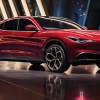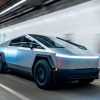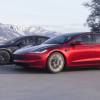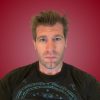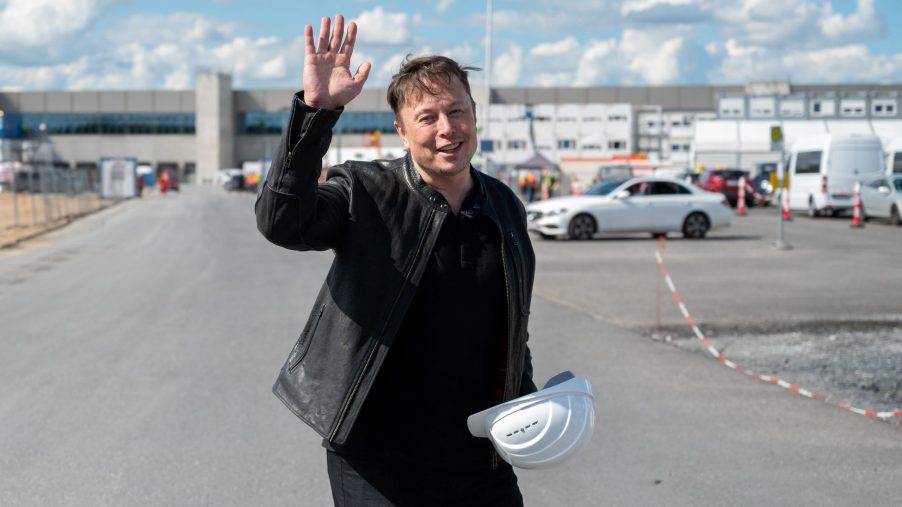
Elon Musk Says Tesla ‘Is Going to Die’ If He Leaves
Elon Musk is in the news more than Charlie Sheen in the mid-2000s. The polarizing Tesla CEO is constantly saying and doing things that force us to roll our eyes super hard. In the newest Elon Musk news, he recently informed the world that he believes Tesla “would die” if he were to leave Tesla.
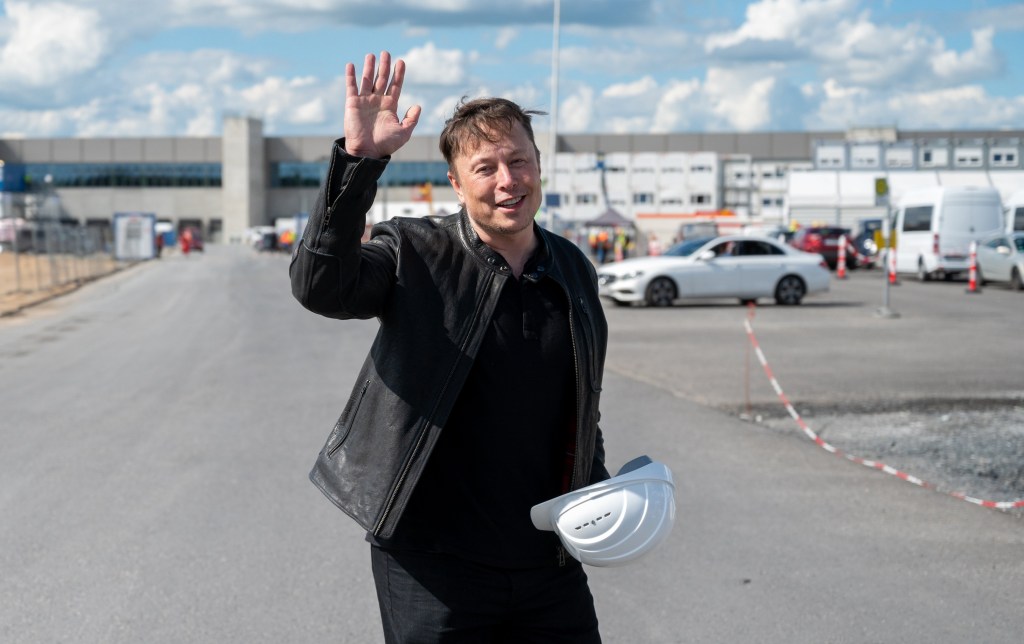
Would Tesla fail without Elon Musk?
Reuters reports that in a statement during a trial in Wilmington, Delaware, Musk was defending Tesla’s acquisition of SolarCity in 2016 when he asserted that Tesla would “die” if he were no longer the CEO.
The lawsuit by union pension funds and asset managers alleges the celebrity CEO bullied Tesla’s board of directors into depleting the company’s assets with the $2.6 billion all-stock deal for SolarCity. However, Musk insists that he doesn’t have the complete control over the board that he would need to do such a thing.
At the time of the acquisition, Elon Musk owned an approximately 22 percent stake in both Tesla and SolarCity, founded by some of his cousins. Other Tesla shareholders alleged that Musk was trying to bail out his investment out of his cousin’s company.
Why would anyone think Elon Musk would dominate the Tesla board?
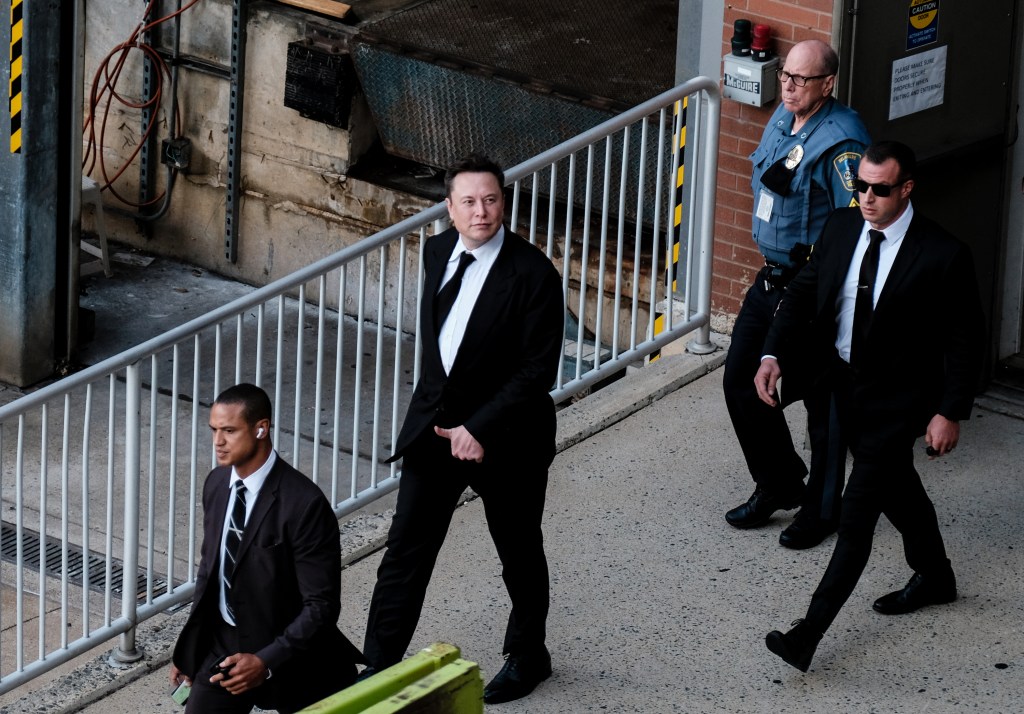
On the first day of the trial, Musk said that it’s “very hard not to be the CEO of Tesla, but I have to, or frankly, Tesla is going to die.”
This quote might not have been the smartest thing to say (nor true) in a trial where Musk’s fellow board members are taking him to court under allegations that he dominates the board’s deal discussions, which led to pushing Tesla to pay more for SolarCity and misleading shareholders about the company’s deteriorating financial health.
His response to these allegations was that he wasn’t on the board that oversaw the SolarCity deal. “I don’t even know what happened,” he testified.
Reuters mentions that Elon Musk responded calmly during cross-examination from Tesla shareholder attorney Randall Baron. However, Baron’s yes or no questions were answered by long and often meandering answers that seemed to avoid answering the questions. If Musk’s feelings toward the prosecuting attorney were ever in question, he summed them up by calling the lawyer “a bad human being.”
Where does Tesla stop and Elon Musk begin?
The first day of hearings even touched on Musk’s self-appointed title of “Technoking,” asking if the board had backed up that title. Musk responded by saying, “It generated a whole bunch of free press and Tesla doesn’t advertise, and it’s helpful to general sales,” and continued by noting that it was a joke and that he found himself to be funny.
To simplify the prosecuting argument, the shareholders are claiming that regardless of him technically being a minority shareholder, he was, in effect, a controlling shareholder of Tesla due to his ties to board members and domineering style. If the court rules in favor of the shareholders, Elon Musk, the Technoking, could owe his subjects up to $2.6 billion in damages.
Even the Technoking should be held accountable
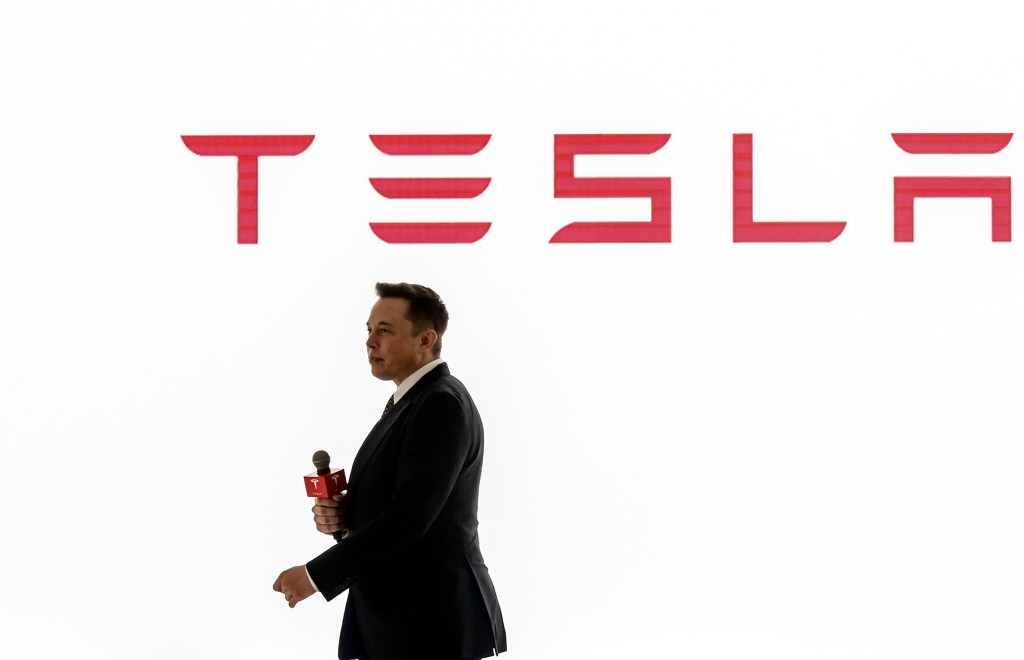
Elon Musk has denied responsibility for negligent or self-serving reasons many times. If we recall the many Tesla “AutoPilot” fatalities from the past few years, he routinely denies any responsibility for naming the Tesla feature something so dangerously misleading. When people put too much trust in the “self-driving” feature and the car crashes, and often ending with casualties, he simply blames the driver. Quickly after these incidents, he continues praising the dangerously misleading feature.
The root of this court case is, in essence, the same as the “AutoPilot” investigations; should those with more power and influence not be held to a higher standard of accountability?
